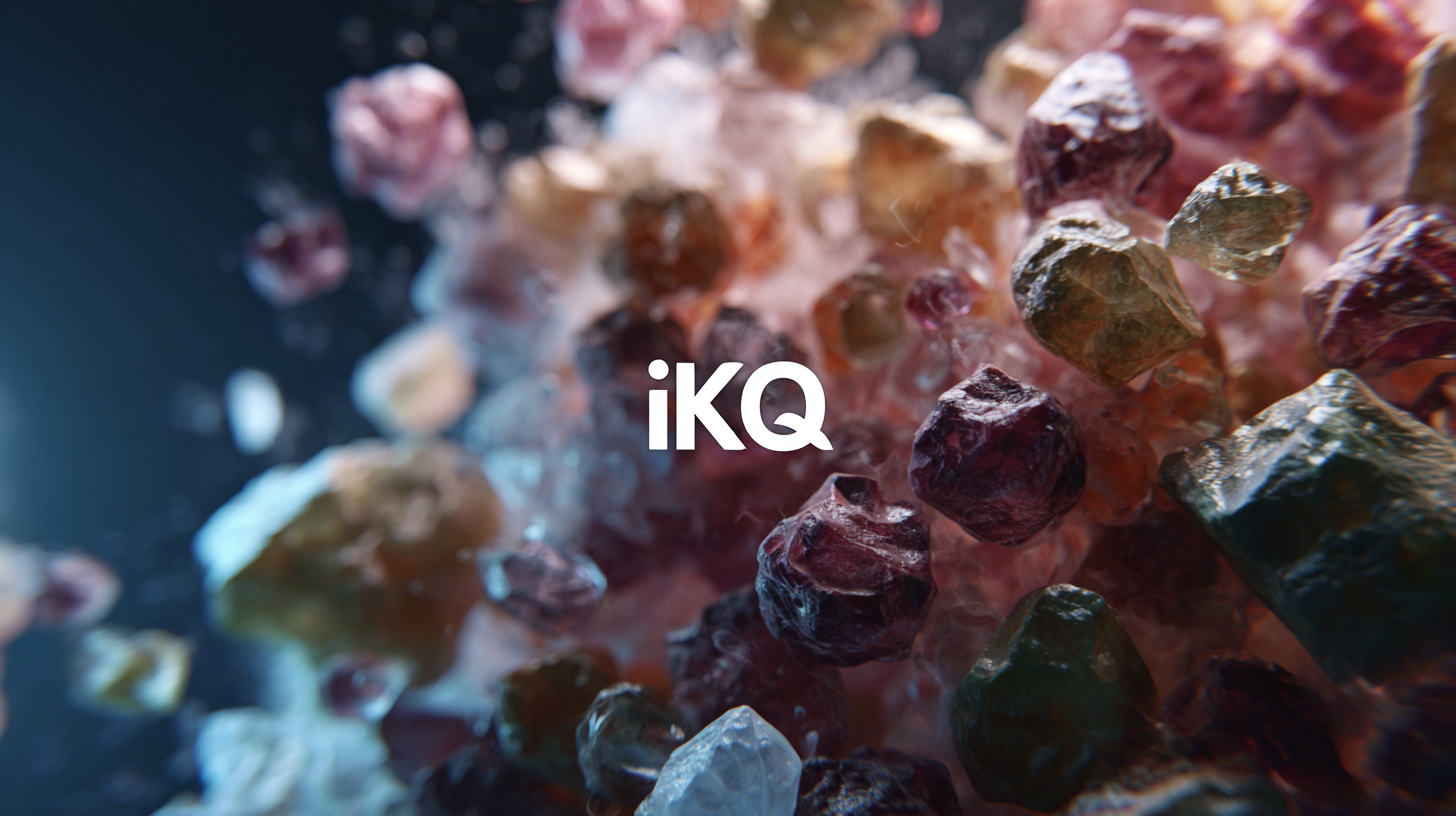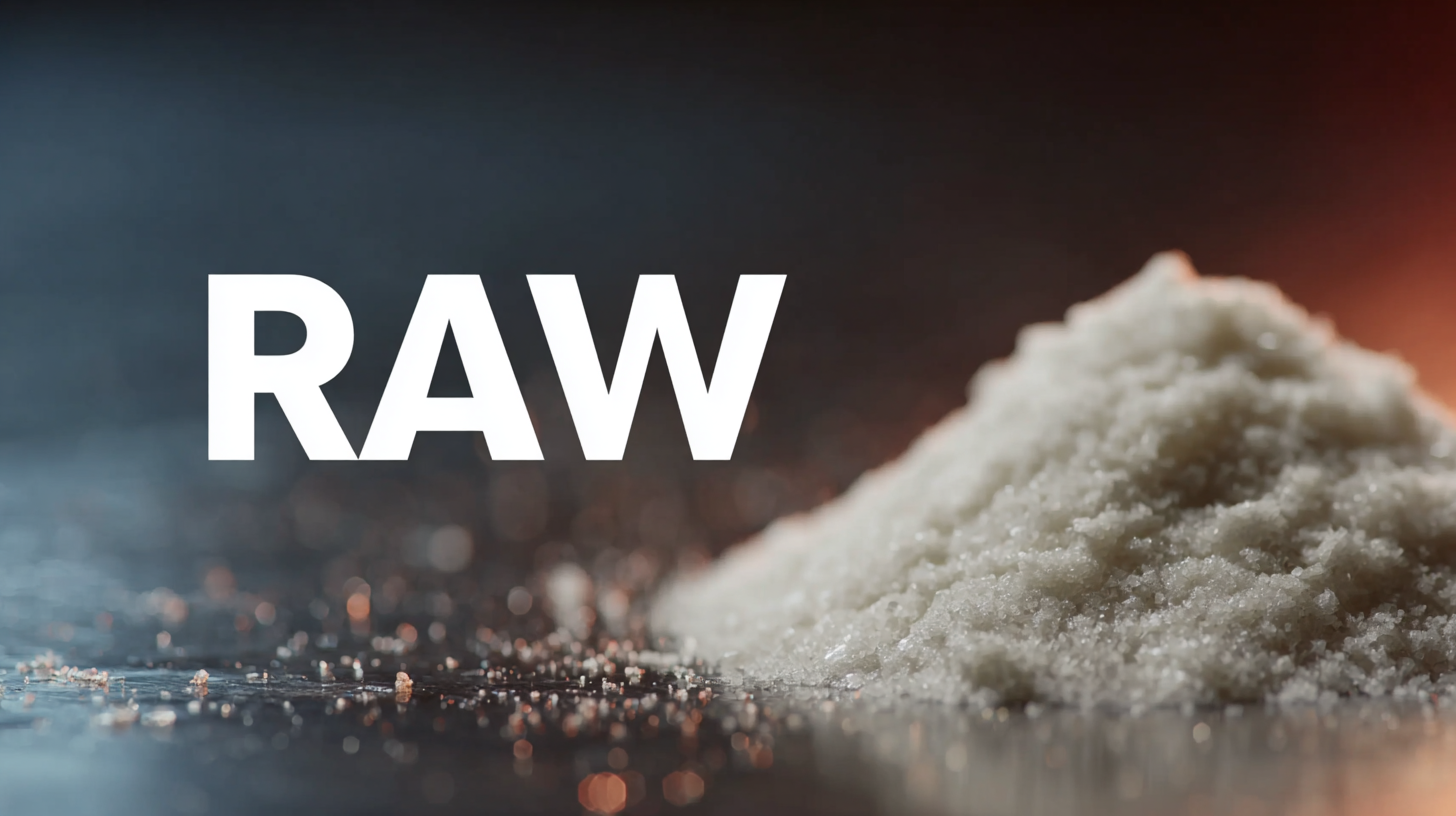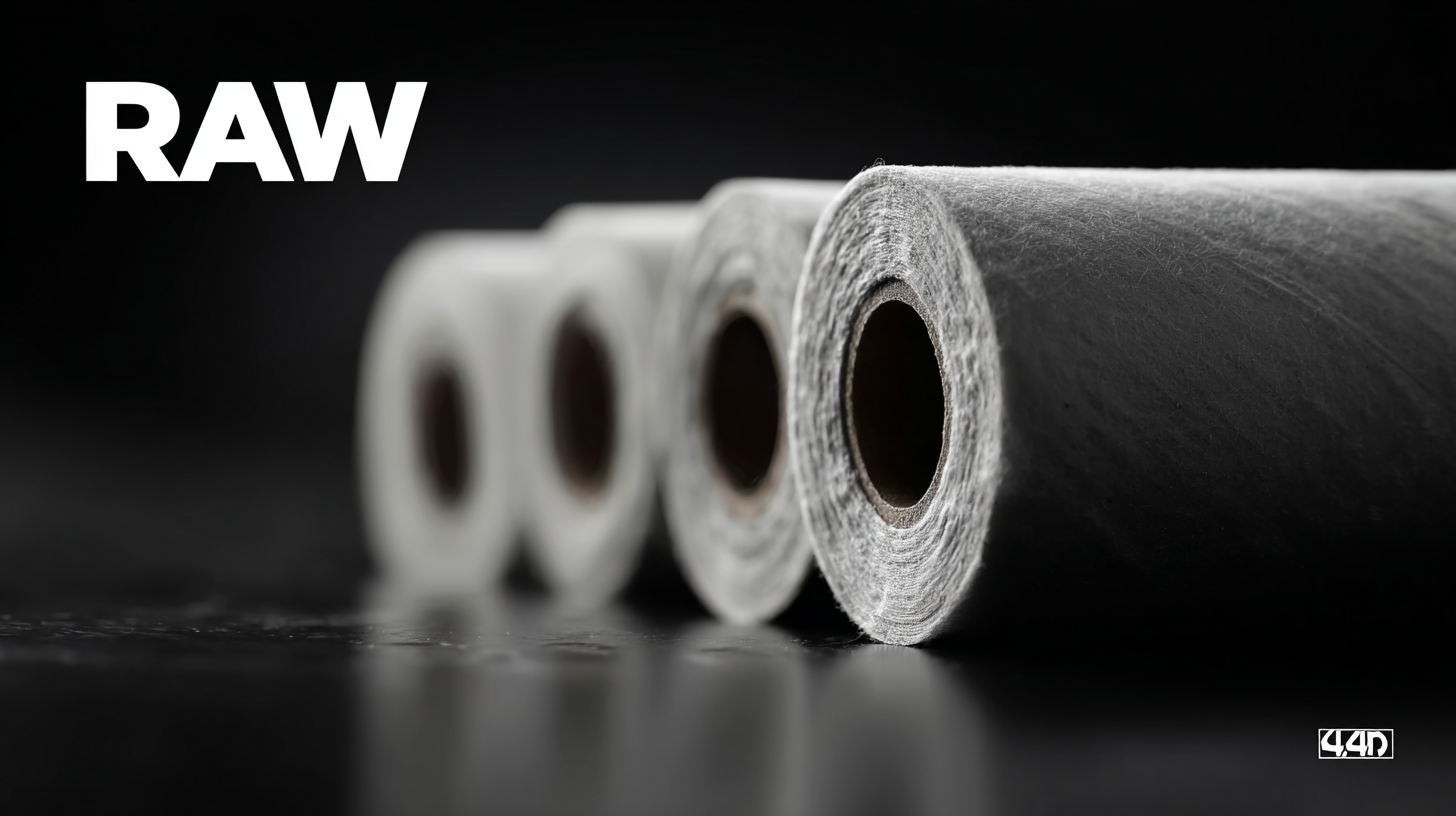
The Future of Sourcing: Elevating Quality with the Best High-Quality Raw Materials
In today's rapidly evolving market, sourcing high-quality raw materials stands at the forefront of successful production and innovation. As businesses increasingly recognize the critical role that raw materials play in the manufacturing process, the focus has shifted towards elevating quality standards to ensure durability, functionality, and overall product excellence. The future of sourcing demands a strategic approach that not only identifies and procures high-quality raw materials but also fosters sustainable practices and long-term relationships with suppliers. This guide aims to provide insights into the best practices and methodologies for sourcing high-quality raw materials, equipping decision-makers with the tools necessary to enhance product quality and maintain a competitive edge in the marketplace. By prioritizing quality in sourcing strategies, companies can not only improve their offerings but also contribute to a more sustainable and responsible production ecosystem.

Understanding the Importance of High-Quality Raw Materials in Sourcing
In the competitive landscape of sourcing, the significance of high-quality raw materials cannot be overstated. Quality materials not only enhance the end product but also foster trust and reliability in the supply chain. By prioritizing high-quality sources, businesses can ensure superior performance, longevity, and ultimately, customer satisfaction. This approach leads to a robust reputation in the market, driving sustainable growth.
Tip: When selecting raw materials, conduct thorough research on potential suppliers to evaluate their quality standards and certifications. This ensures that you partner with entities that align with your quality expectations.
Moreover, leveraging technology can assist in monitoring and maintaining material quality. Implementing systems that track the sourcing process can help identify any deviations in quality early on, allowing for timely interventions.
Tip: Regularly engage with suppliers for quality assessments and feedback. Establishing a strong communication channel not only aids in consistency but also encourages suppliers to prioritize quality, unifying efforts towards shared goals.
Identifying Top Manufacturers: What to Look for in Chinese Factories
When sourcing high-quality raw materials, identifying top manufacturers is crucial, especially in the dynamic landscape of Chinese factories. According to a recent McKinsey report, nearly 70% of global supply chains now rely on Asian manufacturing, with China leading the way. This dominance necessitates a strategic approach to selecting partners that uphold quality standards.
One essential tip is to assess a factory's compliance with international quality certifications, such as ISO 9001. Manufacturers that consistently maintain these standards are more likely to provide reliable and superior products. Moreover, consider visiting the factories to evaluate their facilities and processes firsthand. A factory with advanced technology and an organized production workflow often indicates a commitment to quality.
Another vital point is to leverage data to inform your choices. Reports from Statista reveal that companies integrating data analytics into their sourcing strategies see up to a 20% increase in efficiency and quality control. By utilizing comprehensive metrics and performance indicators, businesses can make informed decisions, ensuring they partner with manufacturers who not only meet but exceed quality expectations.
Innovative Sourcing Strategies for Improved Quality Control
In the rapidly evolving world of sourcing, innovative strategies are more crucial than ever for enhancing quality control. As organizations recognize procurement as a strategic driver of value, leaders are focusing on how to implement responsible sourcing that aligns with both quality and sustainability goals. Incorporating advanced technologies such as deep learning and machine learning can streamline supplier selection and enhance inventory management, ensuring that high-quality raw materials service the end product effectively.

Furthermore, the emphasis on sustainability has prompted the introduction of five key sourcing strategies that prioritize environmentally friendly practices and quality assurance from the outset. By adopting these responsive sourcing techniques, companies not only mitigate risks associated with market volatility, particularly in light of recent tariff changes, but also foster a culture of innovation within their supply chains.
Real-world examples from various industries illustrate how these best practices result in reduced costs and improved product quality, paving the way for a more resilient and competitive future in sourcing.
The Role of Technology in Enhancing Raw Material Quality
In the modern landscape of sourcing, technology plays a pivotal role in elevating the quality of raw materials. Recent industry reports indicate that advanced technologies such as AI, IoT, and blockchain are transforming the way businesses manage their supply chains and quality control processes. For instance, a report from Smithers Pira highlights that by 2025, approximately 20% of all raw materials will be sourced through smart contracts, showcasing the growing influence of blockchain in ensuring transparency and quality compliance throughout the sourcing process.

Furthermore, AI-driven analytics are increasingly utilized to predict and enhance the quality of raw materials. According to a study by McKinsey, companies that leverage predictive data analytics can improve their quality control processes by up to 50%, significantly reducing defects and waste. This not only streamlines operations but also contributes to more sustainable sourcing practices. As industries become more reliant on these technologies, it is crucial for businesses to invest in sophisticated tools to monitor and enhance the quality of their raw materials consistently. Embracing this technological shift is not just an advantage—it's essential for maintaining competitive edge and meeting the evolving demands of global markets.
Sustainability Practices: Sourcing Ethically from Chinese Suppliers
The quest for sustainable sourcing has never been more crucial, particularly when it comes to engaging with Chinese suppliers. A recent report from the World Economic Forum indicates that around 60% of global consumers are willing to change their shopping habits to reduce environmental impact. This shift underscores the importance of sourcing high-quality raw materials from suppliers that prioritize ethical practices. In China, companies are increasingly adopting green supply chain management strategies to meet this growing demand, with over 70% of manufacturers implementing sustainable approaches in 2023.
Moreover, according to a study by McKinsey & Company, companies that adopt sustainable sourcing practices can see an increase of up to 25% in their market value. As businesses seek to elevate the quality of their products, partnering with Chinese suppliers who prioritize sustainability not only enhances brand reputation but also ensures compliance with increasing regulatory pressures on environmental standards. By harnessing the potential of ethically sourced raw materials, organizations can promote a circular economy and contribute to a more sustainable future while meeting consumer expectations for quality and responsibility.
